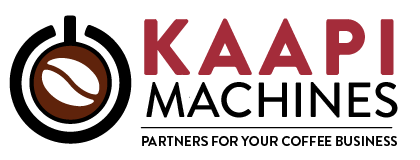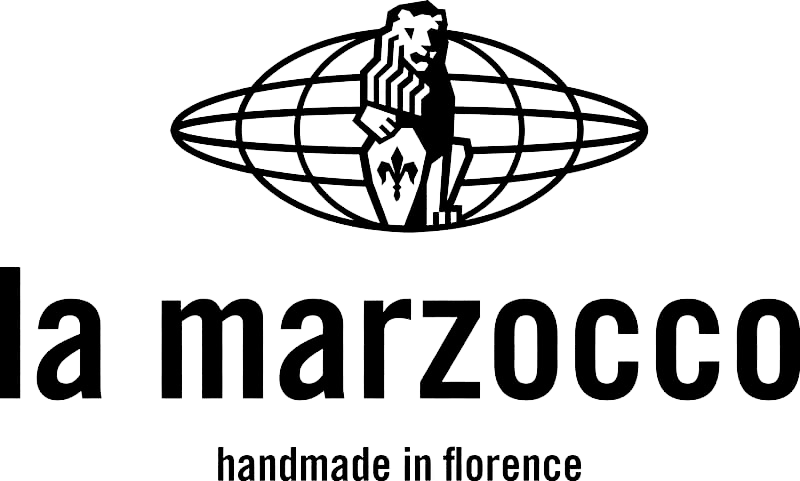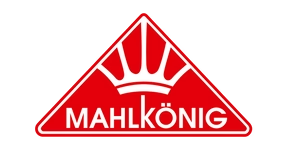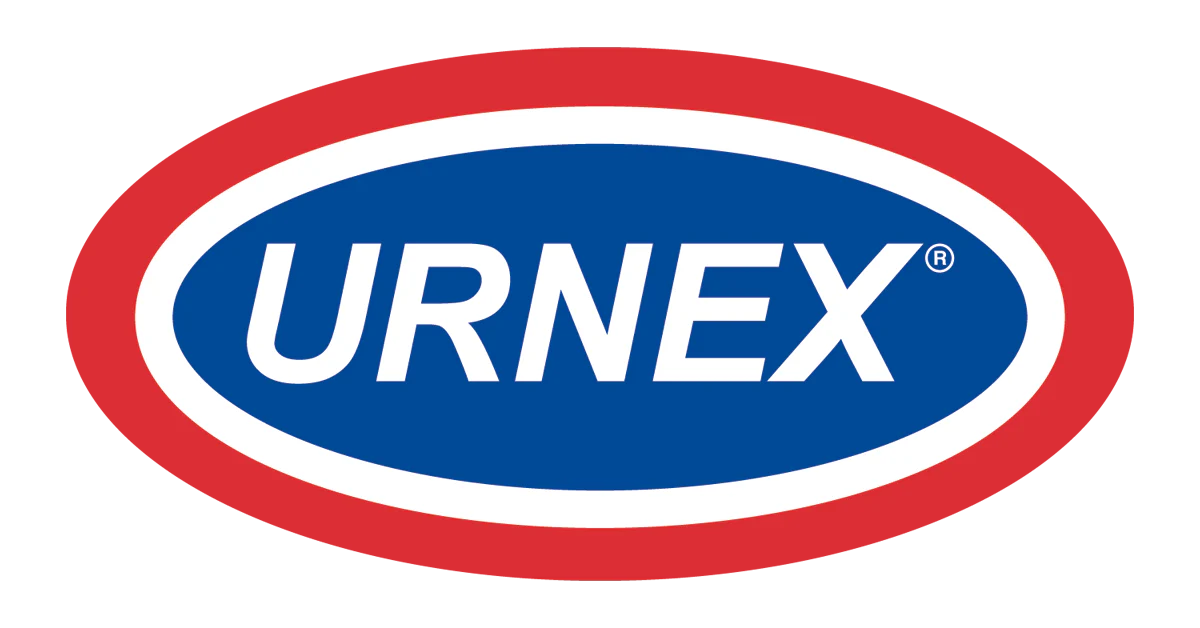Blogs

Mini Cafe Layout Tips and Setup Guide for The Mini Cafe
Starting a mini cafe from scratch is a fulfilling venture for any coffee enthusiast or entrepreneur. The charm of a cozy, compact space combined with high-quality service and products can create an irresistible customer experience. This guide provides a comprehensive walkthrough for planning, setting up, and operating your dream mini cafe—covering everything from layout strategies to espresso equipment, branding, and marketing.
1. Planning the Layout of Your Mini Cafe
The foundation of an efficient and successful mini cafe begins with its layout. With limited square footage, you must carefully design the flow, placement of equipment, and seating to optimize space and service quality.
Functional Zoning
Divide your mini cafe into distinct zones to support different functions:
- Customer Flow Zone: Plan the path from entry to order counter, to pickup or seating, and finally to the exit. Keep it smooth and logical to avoid customer confusion and crowding.
- Service Counter: Place this at the heart of the operation. It should have a clear view of the entrance and seating. Ensure it includes space for your espresso machines, barista tools, and POS system.
- Barista Station: This space needs to be ergonomically designed. Position your espresso machine, coffee grinder, milk pitcher, and other barista tools in a way that reduces movement and maximizes speed.
- Seating Area: Use space-saving furniture and a mix of seating styles—bar stools, window seating, small tables—to accommodate different customer preferences.
- Storage and Utility: Use vertical space effectively with shelves. Keep cleaning supplies, inventory, and bulk items in hidden but accessible spots.
Optimizing Workflow
Implementing an efficient barista workflow is crucial. Arrange the workspace using the “barista triangle” approach—espresso machine, grinder, and sink should be in close proximity. This minimizes walking time and increases productivity during peak hours.
Design Aesthetic and Ambiance
- Lighting: Incorporate natural light during the day, and use warm, ambient artificial lighting in the evening.
- Materials: Wood and metal accents provide a blend of warmth and modernity. Plants and minimalistic art enhance the atmosphere.
- Color Palette: Choose a cohesive color scheme that reflects your brand identity, whether rustic, modern, industrial, or minimalist.
2. Crafting the Aesthetic and Brand Identity
Visual appeal and ambiance are just as important as coffee quality in a mini cafe. Design a space that reflects your values and makes your brand memorable.
- Interior Design: Align the look of your mini cafe with your brand message—whether it’s minimalist, cozy, vintage, or contemporary.
- Signage and Logo: Use consistent fonts, colors, and icons in your menus, signs, and online presence.
- Uniforms and Staff Presentation: Even aprons and T-shirts contribute to your brand’s personality.
3. Customer Experience and Service Model
Customer experience is a long-term investment. Exceptional service creates loyal patrons and brand advocates.
- Friendly, Informed Staff: Train baristas to communicate confidently about the menu, beans, and brew methods.
- Efficient Ordering: Set up a smooth system for ordering and pick-up to handle busy periods.
- Custom Options: Offer milk alternatives, house-made syrups, or seasonal drinks to provide a personalized experience.
- Cleanliness and Consistency: Cleanliness should be visible and maintained at all times. Consistency in drink preparation builds trust.
4. Marketing and Standing Out
A strong marketing strategy will attract and retain customers, especially in competitive areas.
Unique Selling Points
- Signature Drinks: Develop drinks that are exclusive to your mini cafe.
- Themed Events: Host live music, latte art throwdowns, or local art exhibitions.
- Sustainability Initiatives: Encourage reusable cups, compostable packaging, and locally sourced ingredients.
Digital Marketing Strategy
- Instagram and TikTok: Visual platforms are ideal for showing off drinks, atmosphere, and behind-the-scenes content.
- Google My Business: Keep your listing updated with hours, menu, and customer photos.
- Email Marketing: Offer promotions, loyalty rewards, and event invites to subscribers.
- Local Partnerships: Team up with nearby bakeries, bookstores, or florists for mutual promotion.
5. Equipment Essentials for Your Mini Cafe
Choosing the right commercial coffee machines is non-negotiable for any mini cafe aiming for high-quality service. Compact design, durability, and performance should guide your choices.
Espresso Machines
The espresso machine is the heart of any mini cafe. Select models based on your expected volume, available counter space, and technical requirements.
- Carimali Glow: Sleek, high-performance, ideal for modern interiors.
- Rancilio Classe 5 USB: Reliable, programmable for consistent output.
- La Marzocco Linea PB: Trusted globally for its precision and consistency.
- La Carimali Bubble 1 Group: Compact yet efficient, suitable for tight spaces.
- La Marzocco Strada X: Designed for baristas who enjoy pressure profiling and creative freedom.
- Rancilio Classe 7: Balanced design and functionality for busy cafes.
- La Carimali Nimble: A smart choice for high-quality output in limited counter areas.
- La Marzocco Linea Classic S: A classic machine known for reliability and long-term value.
Coffee Grinders
A high-quality grinder is essential for consistent coffee extraction. Here’s a comparison based on commercial use, discussed frequently in Reddit and Quora threads.
Coffee Grinder Discussion Summary
- Hey Cafe HC-600 Ver 2.0: A solid entry-level grinder offering good consistency for its price.
- Mahlkonig E65S: Known for speed and grind precision, excellent for medium-sized cafes.
- Mahlkonig EK43: Versatile and iconic in specialty coffee, suitable for both espresso and filter brewing.
- Ditting 1403: An industrial powerhouse built for bulk grinding.
- Mahlkonig DK15: High output and perfect for grinding large batches with uniformity.
- Anfim Luna: Easy to calibrate and ideal for micro cafes focused on espresso service.
Coffee Blenders
For mini cafes offering smoothies, frappés, and blended drinks, reliable blenders are essential.
Coffee Blender Discussion Summary
- Blendtec Stealth 885: Extremely quiet with advanced pre-programming.
- Blendtec Connoisseur SpaceSaver: Compact design with powerful motors.
- Harmony Classic: Easy to clean, efficient for repetitive daily use.
- Harmony Silent: Designed for quiet environments like small cafes.
Coffee Roaster
If you’re considering roasting in-house or creating your signature blend, these small-batch roasters are top choices.
Coffee Roaster Discussion Summary
- The Nucleus Link Coffee Roaster: Offers data-driven roasting in a minimal footprint.
- Aillio Bullet: A favorite for experimental roasting with full control.
- Probat P12: Excellent for small to medium batch roasting with dependable consistency.
- Probat P5: Compact, durable, and ideal for cafes roasting on-site.
Barista Tools
Your baristas’ tools should match the professionalism of your cafe. Essential tools include:
- Budan Dosing Cup: Helps in accurate coffee transfer from grinder to portafilter.
- Budan Milk Pitcher: Designed for perfect milk frothing and art.
- Budan WDT Distributor: Distributes ground coffee evenly to reduce channeling.
- Budan Leveler/Distributor: Helps tamp evenly for consistent extraction.
- Budan Cupping Spoon: For taste testing and quality assurance during cupping sessions.
Final Checklist Before Launch
- Secure all business licenses and health permits
- Finalize your mini cafe layout
- Install and test all equipment
- Hire and train skilled baristas
- Develop a soft launch and grand opening plan
- Launch your website and set up social media accounts
- Collect feedback and iterate on your services
Conclusion: Turning Passion into Profit
Starting a mini cafe is a fulfilling blend of creativity, planning, and passion for coffee. Success lies in crafting a well-thought-out space, investing in quality equipment, and delivering a memorable customer experience every day.
As you move forward, partnering with a reliable industry expert can make all the difference. Kaapi Machines offers comprehensive support to cafe entrepreneurs, including professional espresso equipment, barista training programs, and end-to-end cafe consulting services. Their expertise helps simplify the setup process while ensuring your mini cafe meets high standards of performance and efficiency.
With the right support and a clear vision, your mini cafe can become a standout destination in your community.

































